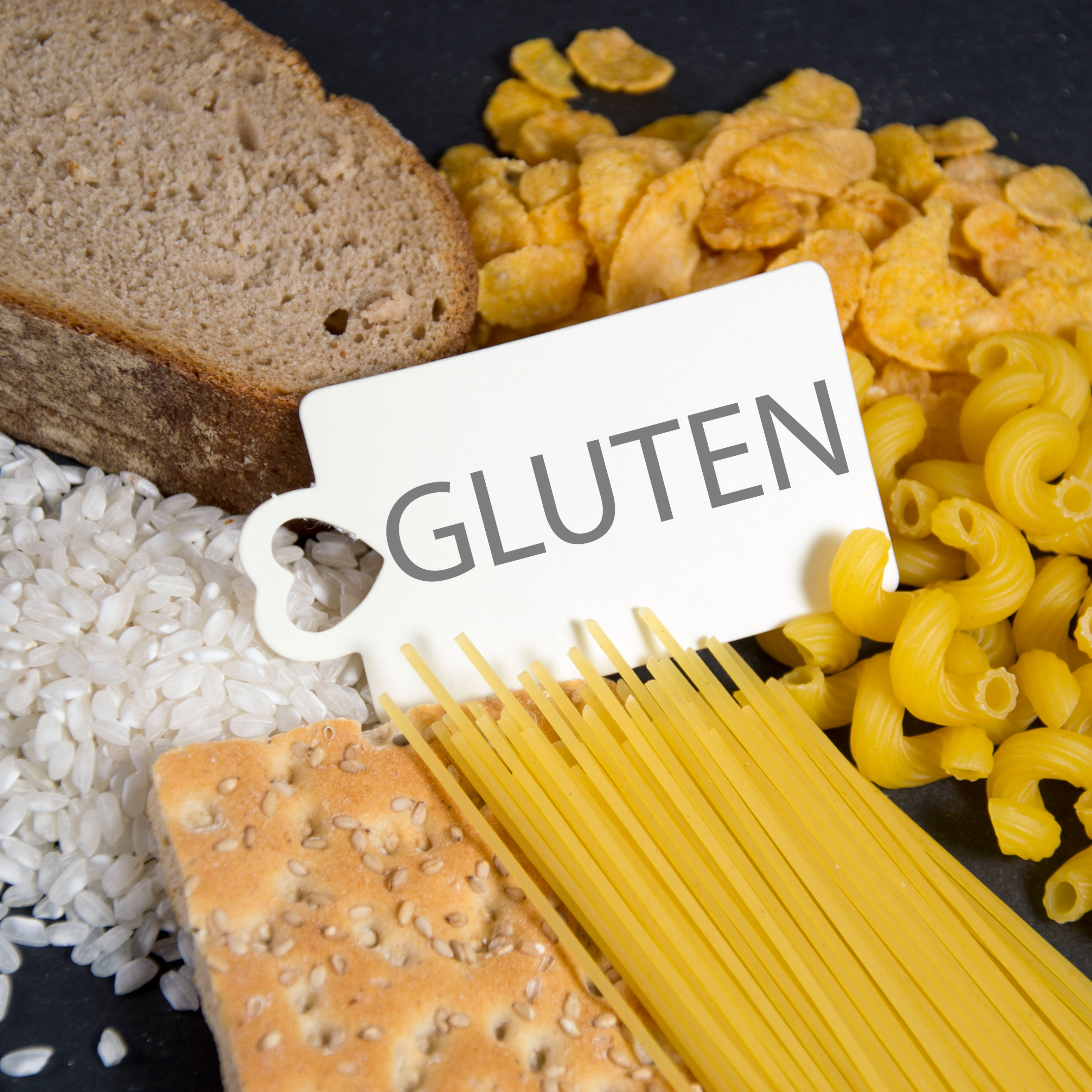
Can You Eat Too Much Fat?
We know that healthy fats coming from things like salmon, avocado and coconut oil are good for you, but the question is: can you have too much of those?
With so much information out there, it is difficult to really know how much fat actually constitutes a healthy diet. On the one hand, we have the low-fat diet and then on the other, we have the Keto diet, which involves consuming fat as 70-80% of your total daily calories. No wonder everyone is getting confused!
My job is to simplify things and bring to you an unbiased look that is based on scientific research.
The dietary reference intake (DRI) for fat in adults is 20-35% of total calories from fat but the problem is that there is a huge difference between the top and bottom of that range. Not everyone will do well with a 35% fat intake and the truth is that there is no “one size fits all” approach.
It all comes down to the APOE genotype, which varies from person to person. This protein is responsible for transporting fats such as cholesterol and triglycerides around the body.
Different APOE genotypes affect the way in which the body handles different fats and so will influence an individual’s predisposition to other conditions, including memory loss, dementia, and Alzheimer’s disease. Depending on your APOE genotype, you might have a 40% increased risk of developing these conditions and that is why the recommended fat intake of 20-35% isn’t truly safe for everyone.
FAT INTAKE AND APOE GENOTYPE:
APOE GENOTYPE E2/E2 OR E2/E3
They thrive on a higher fat diet (30-35% of total calories from fat) because it will not affect their oxidised cholesterol or brain-based tissue. The synapses are not affected by inflammation which doesn’t lead to much degradation (which then can lead to Alzheimer’s).
APOE GENOTYPE E3/E4 OR E4/E4
They don’t do well on a higher fat diet because they have a much higher risk of developing Alzheimer’s disease and they are also 30-40% more likely to suffer from heart diseases. The source of fat here should mainly be coming from plant-based foods.
Those with this genotype should ideally not exceed 10-20% of their total calories from fat.
APOE GENOTYPE E3/E3
This is the most common genotype (50-60% of the entire population) and the ideal percentage here would be anywhere from 15-25% of fat from the diet.
If you want to truly take your health to that next level, finding out your genotype through testing will allow you to tailor your nutrition to your body.
WHAT IF I CAN’T TEST?
Not everyone is able to test so that is why is important to follow a diet that is based on longevity research to prevent diseases.
When looking at the Blue Zones for example (the longest living people on Earth), they were getting approximately 20% of their total calories from fat. However, the majority of these fats came from plant-based sources and we know that the more animal-based and saturated fats consumed, the higher the risk of breast and prostate cancer.
However, going under 10% can be dangerous as well because our eyes, brain and neurological system thrive on fat!
POSITIVE AND NEGATIVE FATS
Plant-based sources of fat coming from raw nuts and seeds, good quality olive oil and avocados are the best ones to choose from. Coconut oil is fine too but it is a heavy saturated fat so don’t go overboard! Vegetable oils like safflower or sesame oil are OK uncooked but definitely don’t cook with them!
The only types of fish that will provide you with plenty of healthy fats are those high in Omega-3 such as wild salmon, trout, sardines, mackerel and anchovies. Tuna is high too, but I don’t recommend it because of its mercury content.
When it comes to fats coming from red meat, make sure that it’s always grass-fed and grass-finished, otherwise you will be taking in all of the inflammatory fats that they might have pumped into the animal!
Then we have processed meats but this is a big no-no. The Mayo clinic and many others have shown us that one of the top 10 causes of cancer is processed meat!
PUTTING EVERYTHING TOGETHER
The bottom line is that unless you know your genotype or are working with a professional that tailored your nutrition accordingly, a range of 10-20% of total calories from fat is your best bet.
In private practice, I always take other things into consideration as well in deciding whether the fat consumption should be reduced or increased. That is the beauty of integrative medicine!









Leave a comment